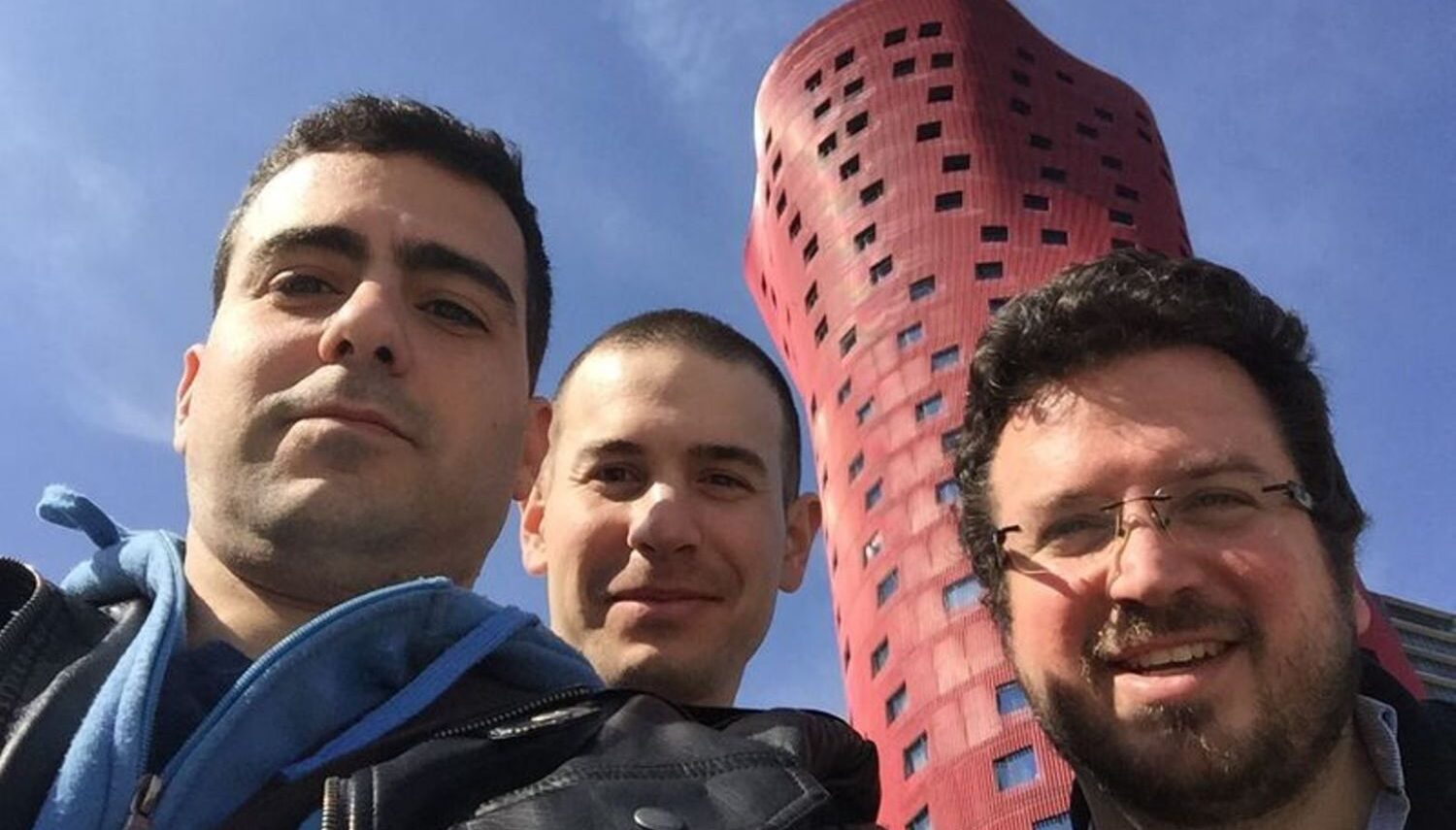
The day is coming when you can cut up your credit cards and pay for everything securely just by pointing and clicking a button on your smartphone.
Naturally, there’s a lot of technology powering this revolution. In the forefront is the Israeli company DOV-E. The name stands for “data over voice encoding,” a patented machine-to-machine communication protocol using ultrasonic waves to connect any mobile device to any electronic device instantly .
DOV-E’s embedded technology enables consumers to buy items from a vending machine, e-commerce website, point-of-sale or even a TV or radio, with a wave of the phone.
The concept hinges on the audio speakers built into these platforms and into the mobile devices’ microphones. DOV-E utilizes the speakers’ sound waves to provide secure, fast, user-friendly mobile payment and interactive mobile engagement. No typing is needed, and no sensitive information is kept on the mobile device or exposed to the merchant.
Integrating DOV-E technology pinpoints the customer’s location and enables sellers to engage interactively with them through in-store push ads and coupons, as well as push notifications from multiple platforms.
For instance, a DOV-E signal embedded into the audio track of a TV commercial for shoes can send a message to the viewer’s smartphone offering a coupon or other incentive to buy the shoes shown on screen. Using a simple interface, the viewer only has to click to follow through on the purchase.
Coke, Amdocs, Intel
Over the past couple of years, the company graduated from two major Israel-based accelerators — Microsoft Ventures and The Bridge by Coca-Cola — raised $1.1 million and began projects with companies including Coca-Cola and Amdocs.
For Coke, the initial focus is embedding DOV-E’s audio communication technology in vending machines for a whole new approach to promotion and sales. DOV-E Founder Yehuda Yehudai went to Coca-Cola Mexico to demonstrate this, and also brought along a vending machine to the Microsoft Think Next exhibition in May 2015 to show how the mobile-phone transaction works. Trials have begun.

Amdocs has already put DOV-E inside a white-label point-of-sale app available for its revolutionary Mobile Wallet.
“We are working with a large food retailer in Israel on another digital wallet project,” Yehudai reveals. “We’ve also been doing a POC [proof of concept] with a major Israeli credit-card company and will do a pilot soon for promotions.”
In addition, Intel is investigating how it could make use of the unique DOV-E technology not necessarily for retail and promotion.
“In the broad perspective of the mobile market, you could think of a lot of applications for our communication protocol,” says Yehudai.
In addition to the company’s currently available software developer kits (SDKs) for the merchant’s app and website, DOV-E could be preinstalled in the operating system of any mobile device. “That could be the end game for DOV-E, but this means a company like Google or Apple would have to adopt it.”
Unique capabilities
Though several other companies are developing advanced audio technologies, Yehudai says only DOV-E can control both short-range and long-range ultrasonic audio and offer two-way short-range communication via microphone and speaker.
Yehudai, a veteran of the elite Israeli Defense Forces’ intelligence Unit 8200, is a hardware and software engineer with experience in wireless, cellular, Bluetooth and home connectivity gleaned from his career at Intel, Texas Instruments and Broadcom Home Connectivity.
His cofounders are software engineers Noam Ben-Ari and Nir Palombo. Ben-Ari was previously involved in ad-tech company Kontera, acquired by Amobee for $150 million in 2014, and CloudOn, bought by Dropbox last January. Palombo’s previous startup, WatchDox, recently was acquired by BlackBerry for $150 million.
DOV-E recently moved into new offices in Ramat Gan, outside Tel Aviv.
For more information, click here.














